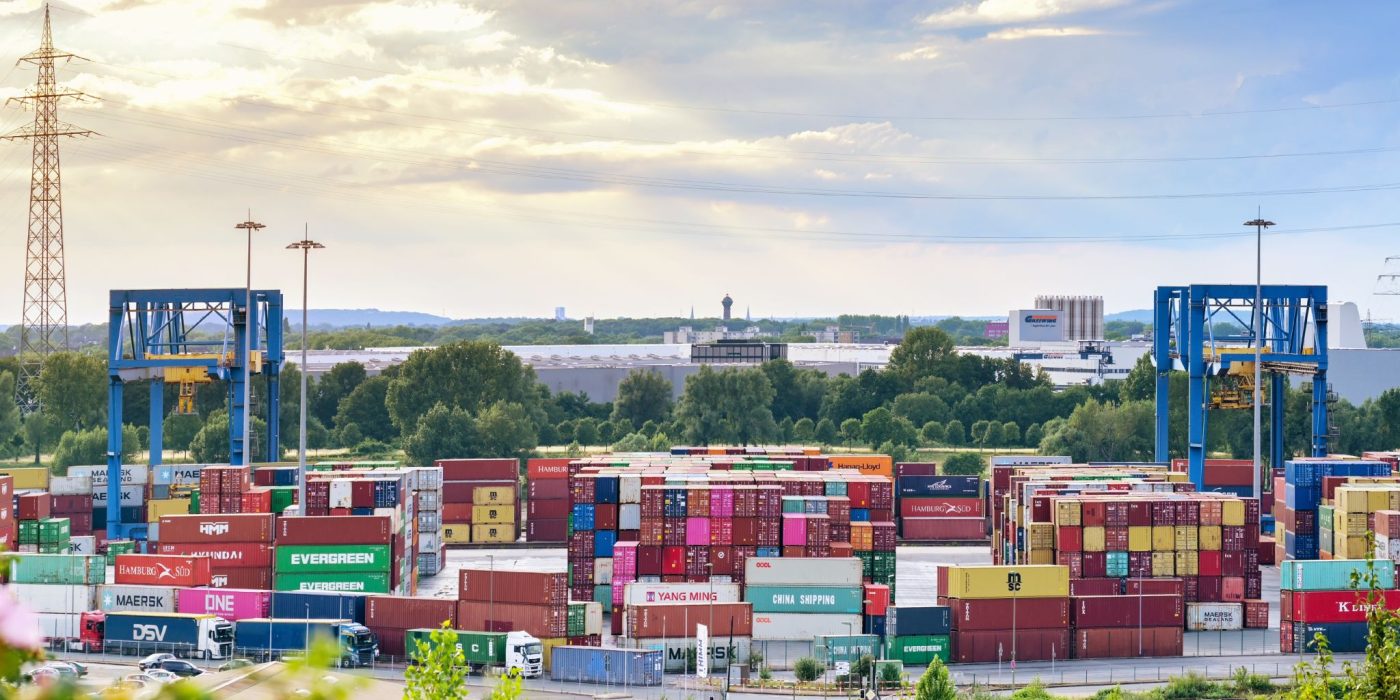Inland ports are an essential part of the EU’s transport network along the core Trans European Transport (TEN-T) network. They are key for EU’s international connectivity, economy and regions. Inland ports also have a crucial role in the European Green Deal (EGD) ambitions to reduce transport emissions with 90% by 2050 and to shift a substantial part of inland freight carried out by road today to rail and inland waterways.
This role will require inland ports to identify and implement new sustainable solutions supporting the transition to renewable energy and zero-emission operations. The best practices followed by the most sustainable ports should become the norm and enable more sustainable forms of connectivity.
The European Commission launched the Green Inland Ports Study in view of the policy ambitions and general context outlined above. The aim of the study is to identify and evaluate the factors affecting the sustainable development of inland ports and propose solutions of the implementation of green objectives paired with their economic development. The study has been commissioned by the European Commission, Directorate-General for Mobility and Transport. The work is executed by the consortium: Ecorys, CE Delft, Panteia, Pro Danube, Planco, EICB and Erasmus University Rotterdam.
As part of the study, the study team launches its second targeted survey. The deadline to contribute to the study is 1st of May 2024. The second survey will focus on the following elements: the environmental impact of inland ports, innovative urban mobility and short-range inland waterway transport and digitalisation of inland ports. The specific objectives per theme are described below:
- Environmental impact of inland ports: the aim is to gain insights into different good practices that have been implemented, planned by your port. The good practices are from various fields, such as waste and water management, energy generation, port operations and maintenance activities among other topics.
- Innovative urban mobility and short-rang inland waterway transport: the study will also contribute to the adoption of inland waterway transport beyond its traditional markets. This will be done by identifying existing initiatives over Europe and by analysing the challenges, success factors and potential for other urban areas of these examples.
- Digitalisation of inland ports: the potential of digitalisation for greening port operations, ensuring multimodality and facilitating sustainable development of ports will also be assessed. The findings of this study will be clustered in a digitalisation masterplan for inland ports and terminals.
- Development of Environmental Sustainable Management System tools (ESMS): the aim is to identify environmental and societal challenges that need to be taken into account in the preparation and development of tools for inland ports.
Use of your input
The questions you will see, are tailored to your stakeholder group. Your responses will be used to help us to further develop the content of the Green Inland Port study. The study team will not share the collected information with anyone outside the study team. Your information will be anonymised with regards to presenting the results. For more information on our data privacy policy, please click on the Privacy notice here.
If you have any questions, please do not hesitate to contact us via [email protected].
